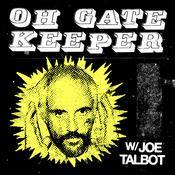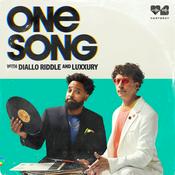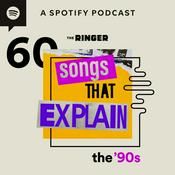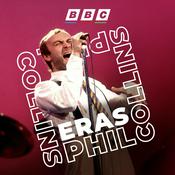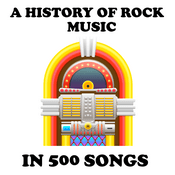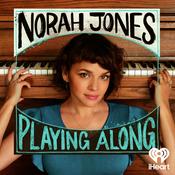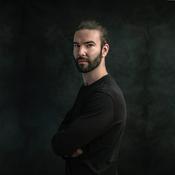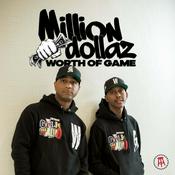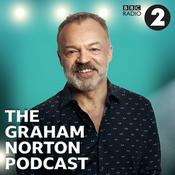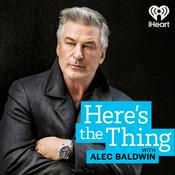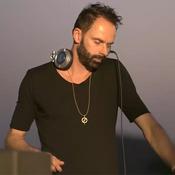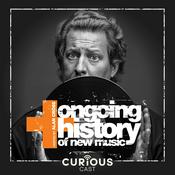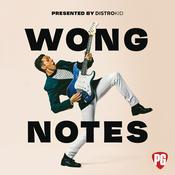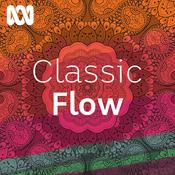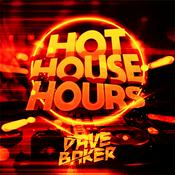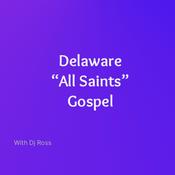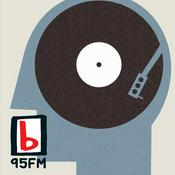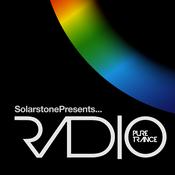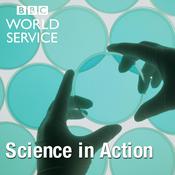177 episodes
- "When the rain is blowing in your face / And the whole world is on your case / I could offer you a warm embrace / To make you feel my love"
Written by Bob Dylan for his Time Out of Mind album, 'Make You Feel My Love' went on to become a huge hit for Adele and has been covered by Billy Joel, Ane Brun and many more.
With its promise of unfaltering love, we find out what the song means to different people around the world. It has inspired a translation into a 65,000 year old language and a choral version with the comfort of a psalm; it has soundtracked heartbreak and grief; and become a lullaby of parental love.
Featuring music writer Annie Zaleski, musicians Ane Brun and Dyagula, organist and conductor Anna Lapwood, Howard Simons, Aly Halberstadt, and Adele's manager Jonathan Dickins.
Produced by Mair Bosworth
A BBC Audio production for BBC Radio 4 - Marking 25 years of the award-winning series, Soul Music features songs from the last 25 years.
“I tried to drink it away... I tried to run it away...” Solange’s hit song, written in 2008 and released eight years later, muses on themes of isolation, loneliness, and depression. She penned the lyrics to Raphael Saadiq’s instrumental in a Miami hotel room, gazing out at the cranes filling the skyline during the onset of the housing crisis and financial crash.
Solange Knowles released her debut album in 2002 at the age of 16. This single appears on her third album, A Seat at the Table. She's the younger sister of Beyoncé.
Featuring: Journalist Douglas Markowitz; music writer Kiana Fitzgerald; author of Why Solange Matters and Big Joanie guitarist Stephanie Phillips; and Rebecca McNeil.
Producer: Eliza Lomas - "Look at the stars, look how they shine for you..."
True stories of what Yellow, one of Coldplay's most iconic songs, means to people 25 years on from its release.
It's December 1999 and a relatively unknown band called Coldplay are midway through recording their debut studio album, Parachutes, at Rockfield Studios in Wales. The days are long, often working late into the evening. One night after a recording session, they step outside with their producer Ken, and look up to a sky full of stars. The rest, as they say, is history...
Featuring, in order of appearance:
Dylan Bode, musician and coma survivor
Ken Nelson, music producer on Coldplay's Parachutes album
Debs Wild, fan liaison for Coldplay and author of Life In Technicolor: A Celebration of Coldplay
Neil Brand, composer, writer and broadcaster
Katherine Ho, singer of the Mandarin version of Yellow for the film Crazy Rich Asians
Producer: Becky Ripley - A song that was everywhere after it was released as a single in 2000. Moby's Porcelain has been used in films, TV and adverts yet remains a much loved melancholic downbeat electronic ballad. Reportedly written about the fragility of love after a break up it's a track that has a place in many people's hearts.
The people featured are:
Felicia Narhi aka DJ Damselfly
Steve O'Brien
Gyu
Ola Mazzuca
John E Roy
Michael Weinhardt
Producer: Maggie Ayre - This hour long special celebrates a quarter of a century of the programme and charts the course of a human life through pieces of music.
Cerys Matthews introduces a compilation of some of the diverse pieces of music we've featured throughout the years - together with stories of the people whose lives have been changed by it. Everything from Satie's Gymnopedies and Vaughan Williams' The Lark Ascending to Wichita Lineman by Glen Campbell and Computer Love by Kraftwerk.
Stories of birth, childhood, adolescence, as well as the griefs and joys of adulthood are expressed through the music that shapes and sustains us through the emotional ups and downs of our lives' journeys.
Producer: Maggie Ayre
More Music podcasts
Trending Music podcasts
About Soul Music
Series about pieces of music with a powerful emotional impact
Podcast websiteListen to Soul Music, Oh Gatekeeper with Joe Talbot and many other podcasts from around the world with the radio.net app
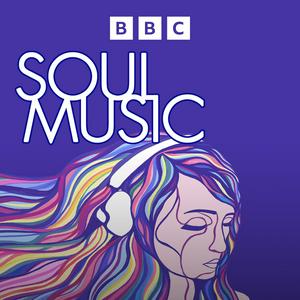
Get the free radio.net app
- Stations and podcasts to bookmark
- Stream via Wi-Fi or Bluetooth
- Supports Carplay & Android Auto
- Many other app features
Get the free radio.net app
- Stations and podcasts to bookmark
- Stream via Wi-Fi or Bluetooth
- Supports Carplay & Android Auto
- Many other app features


Soul Music
Scan code,
download the app,
start listening.
download the app,
start listening.


